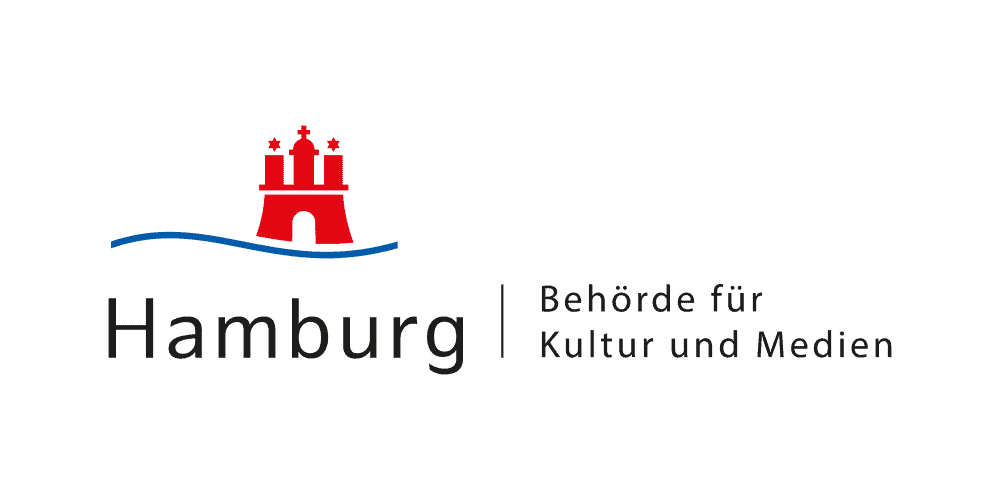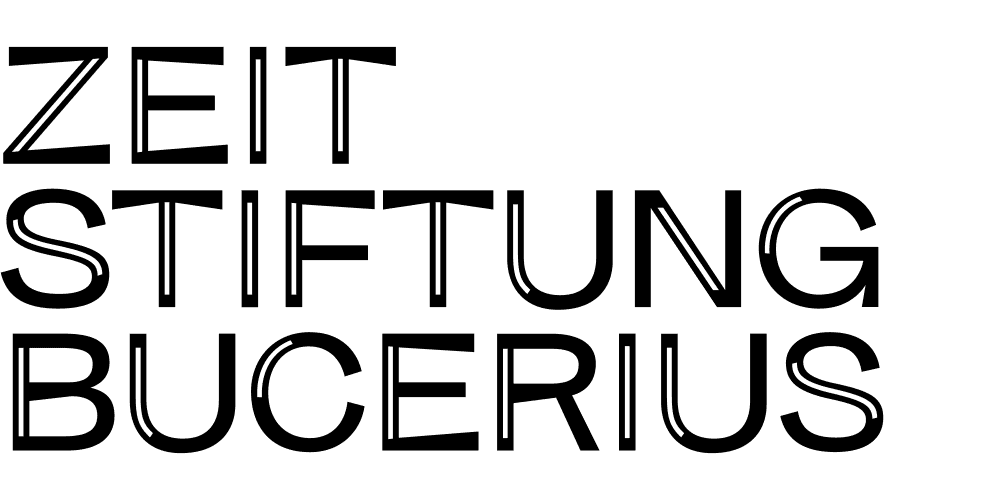Europa 24 / Europe 24 – Panel 2
Für wen schreiben Autor*innen? Wer sind ihre Leser*innen, oder schreiben sie vor allem für sich selbst oder für den Markt? Hat ein Pageturner mehr Einfluss als ein streitbarer Roman, der aktuelle Themen widerspiegelt? Spielt das Lesen eigentlich (noch) eine Rolle? Wer hat heute überhaupt Zeit zu lesen?
Monica Ali wurde in Dhaka, Bangladesh geboren und lebt in London; Sie unterrichtet Kreatives Schreiben und sitzt der Jury des diesjährigen Women’s Prize for Fiction vor. »Brick Lane« war unter anderem für den Booker-Preis nominiert. Zuletzt erschien ihr Roman »Liebesheirat« (Klett-Cotta; aus dem Englischen von Dorothee Merkel).
Nino Haratischwili wurde für ihre epischen Romane und Theaterstücke vielfach ausgezeichnet. Die in Tbilissi geborene und in Berlin lebende Autorin erzählt vor allem von Familien und Freundschaften im zerfallenden Sowjetreich, so auch in ihrem 2022 erschienenen Roman »Das mangelnde Licht« (Frankfurter Verlagsanstalt).
Alain Mabanckou ist Professor für Frankophone Literatur in Kalifornien, er lebt dort und in Paris. In seiner Lyrik sowie Prosa beschäftigt er sich unter anderem mit dem Leben der afrikanischen Diaspora in Frankreich und dem Kolonialismus im Kongo. 2023 erschien auf Deutsch sein Roman »Das Geschäft der Toten« (Liebeskind; aus dem Französischen von Holger Fock und Sabine Müller).
Moderation: Rosie Goldsmith
Die Veranstaltung findet auf Englisch mit deutschem Simultandolmetschen statt.
Who do authors write for? Who are their readers or are they writing primarily for themselves, or for the market? Does a page-turning narrative have more impact than a polemical novel reflecting topical issues? Does reading even matter today? Who has time to read anyway?
Monica Ali was born in Dhaka, Bangladesh and lives in London. She teaches creative writing and is member of the jury for this year’s Women’s Prize for Fiction. »Brick Lane« was nominated for the Booker Prize, among other nominations. Most recently, her novel »Liebesheirat« (»Love Marriage«) was published (translated from English by Dorothee Merkel).
Nino Haratischwili has received numerous awards for her epic novels and plays. The author, who was born in Tbilisi and lives in Berlin, mainly tells of families and friendships in the collapsing Soviet empire, as in her novel »Das mangelnde Licht« (»The Lack of Light«), published in 2022 (Frankfurter Verlagsanstalt).
Alain Mabanckou is professor for francophone literature in California. He lives there and in Paris. His poetry as well as his prose deals with the life of the African diaspora and the colonialism in the Congo, among other issues. In 2023, his novel »Das Geschäft der Toten« (»Le commerce des Allongés«, »The Trade of the Buried«) (Liebeskind; translated from French by Holger Fock and Sabine Müller) was published in German.
Host: Rosie Goldsmith
19.00 Uhr – Panel 1
20.15 Uhr – Pause
20.30 Uhr – Panel 2
Für wen schreiben Autor*innen? Wer sind ihre Leser*innen, oder schreiben sie vor allem für sich selbst oder für den Markt? Hat ein Pageturner mehr Einfluss als ein streitbarer Roman, der aktuelle Themen widerspiegelt? Spielt das Lesen eigentlich (noch) eine Rolle? Wer hat heute überhaupt Zeit zu lesen?
Monica Ali wurde in Dhaka, Bangladesh geboren und lebt in London; Sie unterrichtet Kreatives Schreiben und sitzt der Jury des diesjährigen Women’s Prize for Fiction vor. »Brick Lane« war unter anderem für den Booker-Preis nominiert. Zuletzt erschien ihr Roman »Liebesheirat« (Klett-Cotta; aus dem Englischen von Dorothee Merkel).
Nino Haratischwili wurde für ihre epischen Romane und Theaterstücke vielfach ausgezeichnet. Die in Tbilissi geborene und in Berlin lebende Autorin erzählt vor allem von Familien und Freundschaften im zerfallenden Sowjetreich, so auch in ihrem 2022 erschienenen Roman »Das mangelnde Licht« (Frankfurter Verlagsanstalt).
Alain Mabanckou ist Professor für Frankophone Literatur in Kalifornien, er lebt dort und in Paris. In seiner Lyrik sowie Prosa beschäftigt er sich unter anderem mit dem Leben der afrikanischen Diaspora in Frankreich und dem Kolonialismus im Kongo. 2023 erschien auf Deutsch sein Roman »Das Geschäft der Toten« (Liebeskind; aus dem Französischen von Holger Fock und Sabine Müller).
Moderation: Rosie Goldsmith
Die Veranstaltung findet auf Englisch mit deutschem Simultandolmetschen statt.
Who do authors write for? Who are their readers or are they writing primarily for themselves, or for the market? Does a page-turning narrative have more impact than a polemical novel reflecting topical issues? Does reading even matter today? Who has time to read anyway?
Monica Ali was born in Dhaka, Bangladesh and lives in London. She teaches creative writing and is member of the jury for this year’s Women’s Prize for Fiction. »Brick Lane« was nominated for the Booker Prize, among other nominations. Most recently, her novel »Liebesheirat« (»Love Marriage«) was published (translated from English by Dorothee Merkel).
Nino Haratischwili has received numerous awards for her epic novels and plays. The author, who was born in Tbilisi and lives in Berlin, mainly tells of families and friendships in the collapsing Soviet empire, as in her novel »Das mangelnde Licht« (»The Lack of Light«), published in 2022 (Frankfurter Verlagsanstalt).
Alain Mabanckou is professor for francophone literature in California. He lives there and in Paris. His poetry as well as his prose deals with the life of the African diaspora and the colonialism in the Congo, among other issues. In 2023, his novel »Das Geschäft der Toten« (»Le commerce des Allongés«, »The Trade of the Buried«) (Liebeskind; translated from French by Holger Fock and Sabine Müller) was published in German.
Host: Rosie Goldsmith
19.00 Uhr – Panel 1
20.15 Uhr – Pause
20.30 Uhr – Panel 2
- Ticketinformationen Europa 24
Tagesticket 29.5. (Panel 1+2): € 16,– / 12,– / Livestream € 6,–
➔ Tagesticket 29.5. kaufenTagesticket 30.5. (Panel 1+2): € 16,– / 12,– / Livestream € 6,–
➔ Tagesticket 30.5. kaufenKombiticket (Panel 1–4): € 30,– / 22,– / Livestream € 10,–
➔ Kombiticket kaufenDie Veranstaltungen finden auf Englisch mit deutscher Übersetzung statt.


